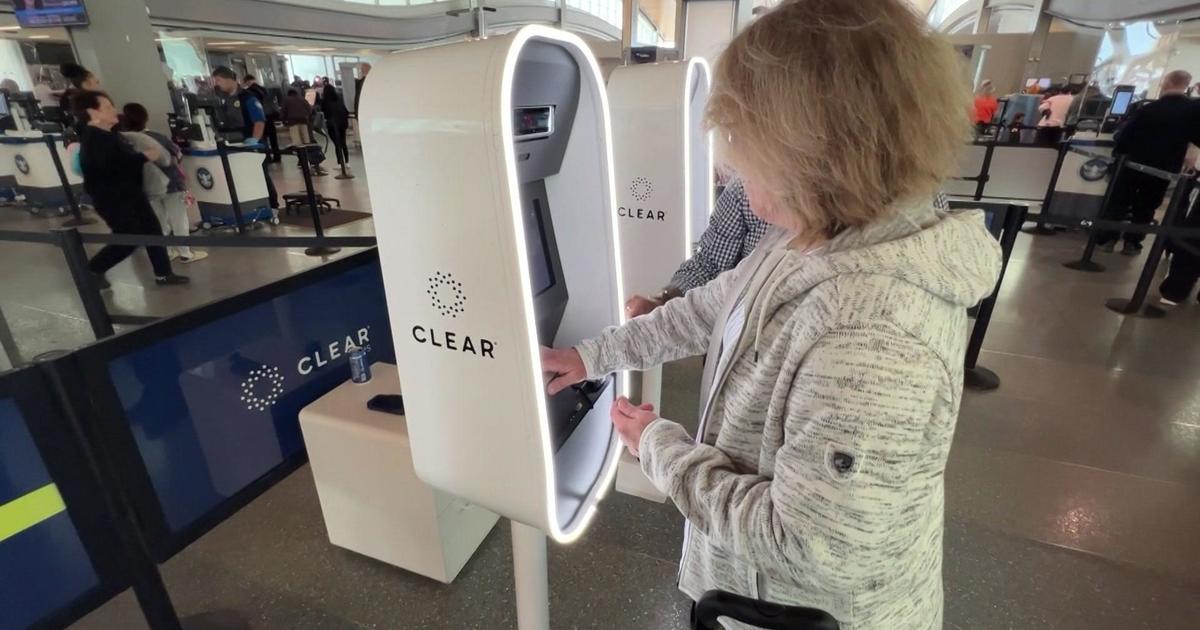Making Room For Mom In Sacramento: How To Survive Parents Moving In
As the elderly population increases, millions of Americans are taking on the responsibility of caring for their aging parents. In record numbers, elderly parents are now living with their adult children, and that trend will continue due to the weak economy, high cost of living, and rising health care costs.
While there are many benefits to having your parent or parents come live with you, there are also many factors to consider. The decision is not as straightforward as it may seem. If you have determined that the best option for your parent is to have them move in with you, then it is time to get your home prepared.
The extent of preparations will depend on the needs of your parent. Here is a basic checklist of some things to consider, as well as local businesses ready to help with your preparations.
Make your home senior friendly
Basic adjustments will need to be made to accommodate your mom or dad. Simple changes include replacing doorknobs with lever handles, checking railings to make sure they are sturdy, installing grab bars in the bathroom, and putting non-slip rugs on the floor. Take a walk through your house, keeping an eye for any hazards that might present a problem. Loose floorboards, raised thresholds, stairs, sharp edges–these can all be hazardous. Additionally, you will want to make sure that all the rooms are well-lit and easy to navigate.
Hours: Mon to Fri - 7 a.m. to 7 p.m., Sat - 8 a,m. to 6 p.., Sun - 9 a.m. to 6 p.m.
Set up your parent's room
The best place for your elderly parent is on the ground floor. Consider remodeling to convert an office or formal living room into a bedroom, if one is not already available. While the initial cost may be high, in the long run, you will save money by avoiding senior housing or nursing homes. Personalize the room by bringing furniture from your parent's home and adding personal touches such as family photos, mementos, and other favorite items. Make sure the room is warm enough, uncluttered, and a private space where your parent feels comfortable.
Hours: Mon to Sat - 10 a.m. to 6 p.m., Wed - Closed, Sun - Noon to 5 p.m.
Prepare the bathroom
Ideally, your parent will have a bathroom next to or near his or her bedroom. Remove decorative items such as hampers, baskets, and rugs. Install grab bars in the tub or shower and next to the toilet. Bathing in a tub, as well as getting in and out, can be dangerous, so consider installing a shower stool and a bathtub lift, if necessary. Make sure the surface of the tub or shower is non-skid to avoid slips or falls. In addition to the bathroom, consider any other items that will assist your parent with their daily living: trays, reachers, foot stools, neck supports, as well as medicine needs, hearing assistance, and incontinence supplies.
Hours: Monday through Friday 9am-6pm; Saturday 9am-1pm; closed Sunday
Special accommodations
If your parent is disabled or has physical limitations, you may need to make special accommodations. Seniors are at risk for broken bones due to dangerous falls. Installing bed rails can help avoid nighttime spills. Bed rails come in a variety of sizes and can accommodate almost any type of bed. Another critical investment to consider is a hospital bed. Although they are much more expensive than a standard bed, hospital beds are adjustable, which can help alleviate pain and pressure, and can make getting in and out of bed easier. Mobility and access throughout the house is another important consideration. If a ground floor room is not an option, consider installing a stair lift that can help get your parent up and down the stairs. You may also need to widen doorways to accommodate a wheelchair and install a ramp outside.
Hours: Monday through Friday 8am-6pm; Saturday 10am-4pm; closed Sunday
Medical alert system
If your parent will be spending time at home alone, a personal alarm system can give you peace of mind knowing that your parent is safe at all times. A medical response system includes a panic button that can be worn as a necklace or bracelet and in-home alarms that connect with the response center for direct communication with emergency responders.
Karen Boruff is a freelance writer living in Sacramento. Her work can be found at Examiner.com.



